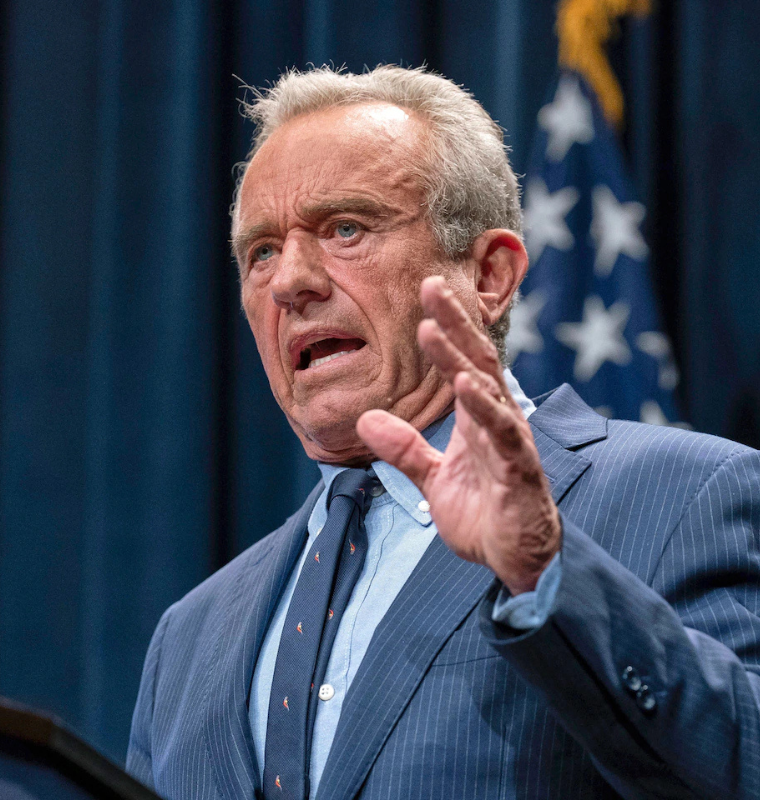Trump Postpones 50% Tariffs on EU Imports Until July 9 Following EU Request
Trump Postpones 50% Tariffs on EU Imports Until July 9 Following EU Request
By
Calder Monroe
Last updated:
May 26, 2025
First Published:
August 3, 2025

Getty Images
Trump Delays Massive Tariff Hike on EU Goods Until July 9 After High-Level Talks
WASHINGTON, D.C. — President Donald Trump announced Sunday that he would postpone a planned 50% tariff on European Union imports until July 9, 2025, after receiving a formal request from European Commission President Ursula von der Leyen. The decision comes as both sides attempt to salvage ongoing trade negotiations amid rising tensions.
“I received a call today from Ursula von der Leyen... I agreed to the extension — July 9, 2025 — It was my privilege to do so,” Trump stated on Truth Social, referencing the previous June 1 deadline for the tariff increase.
This development marks a temporary de-escalation in what many analysts are calling the most consequential trade standoff between the U.S. and the EU in recent years.
A Brief Timeline of the Tariff Dispute
- April 9, 2025: The Trump administration initially imposed a 20% tariff on European goods as part of a broader “reciprocal tariffs” policy.
- The rate was later reduced to 10% temporarily for 90 days to give both sides room to negotiate.
- May 2025: Trump indicated a sharp policy reversal, threatening a flat 50% tariff starting June 1, citing lack of progress in negotiations.
- May 25, 2025: Trump confirmed a deadline extension to July 9 following direct contact with von der Leyen.
What’s at Stake: Billions in Transatlantic Trade
The U.S. and EU together make up nearly one-third of global trade. In 2024 alone, transatlantic goods trade totaled over $1.1 trillion, with U.S. imports from the EU valued at $531 billion, according to U.S. Census Bureau data.
A 50% tariff would have had significant implications for key sectors including:
- Automotive imports, particularly German manufacturers like BMW, Mercedes-Benz, and Volkswagen
- Agricultural products, such as wine, cheese, and olive oil
- Luxury goods and industrial machinery
Many EU companies had already begun contingency planning, warning of higher costs being passed onto American consumers and possible retaliatory tariffs from Brussels.
EU Reaction and Next Steps
In a statement on X (formerly Twitter), von der Leyen confirmed the call with Trump, saying:
“The EU and US share the world’s most consequential and close trade relationship. Europe is ready to advance talks swiftly and decisively.”
European diplomats say the July 9 extension provides a crucial window for negotiators to bridge differences over subsidies, regulatory alignment, and digital trade.
However, senior White House officials said that Trump remains skeptical of reaching any meaningful deal unless the EU makes substantial concessions.
Trump’s Strategy: A Familiar Tough-Talk Approach
Trump's tariff threats are consistent with his broader "America First" economic strategy, aiming to pressure foreign trading partners into concessions by leveraging U.S. market access.
“Our discussions with them are going nowhere,” Trump wrote Friday, criticizing the EU’s negotiating stance.
“I just said, it’s time that we play the game the way I know how to play the game,” he remarked during an executive order signing event.
Analysts suggest Trump may be using the tariff threat as leverage in the lead-up to the U.S. presidential election, framing himself as tough on global trade imbalances.
Market Response and Business Reaction
Following the announcement of the delay, European stock markets saw a slight uptick Monday morning. Shares of auto manufacturers like Volkswagen AG (VOW.DE) and Stellantis NV (STLA.PA) rose by 1.2% and 0.8%, respectively, as investors welcomed the temporary reprieve.
U.S. business groups such as the National Foreign Trade Council (NFTC) and the U.S. Chamber of Commerce issued statements urging both sides to “use this extension wisely.”
While the July 9 delay offers some breathing room, the threat of steep tariffs remains on the table. Businesses, trade partners, and policymakers will be watching closely as negotiations continue. Failure to reach a deal could have a cascading effect on supply chains and inflation, with global consequences extending well beyond U.S.-EU relations.
Popular articles
Subscribe to unlock premium content
Gourmet Gold: Micro-Venture Funds and Europe’s Artisan Food Revolution

Artificial Elegance in Fashion

Ferrari’s Craft of Desire

Gourmet Gold: Micro-Venture Funds and Europe’s Artisan Food Revolution

Artificial Elegance in Fashion

Gourmet Gold: Micro-Venture Funds and Europe’s Artisan Food Revolution









